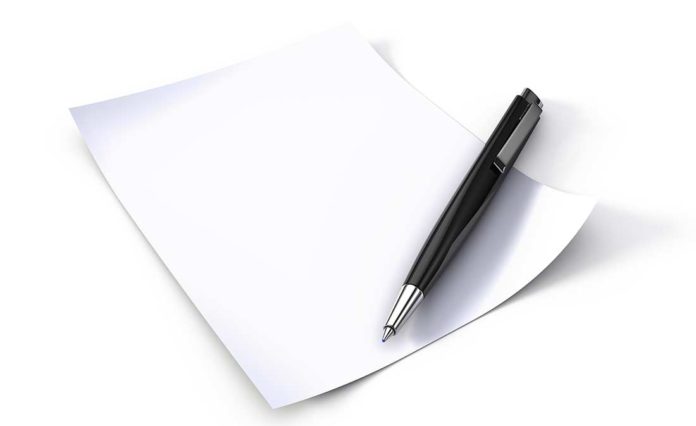The Jewish High Holidays begin at sundown Wednesday, Oct. 2, with the onset of Rosh Hashanah, the Jewish New Year. It continues until sundown Oct. 12, with the conclusion of Yom Kippur, the Day of Atonement.
While we value all of our senses, we have a special commandment regarding one of these senses in particular throughout this 10-day period and especially on Rosh Hashanah. On Rosh Hashanah, we are commanded to listen, specifically to listen to the sound of the shofar, the ram’s horn. When it is blown, we have reached one of the touchstone moments of our services.

Before blowing the shofar for the first time, the shofar blower will say a blessing. In English, the blessing is: “Praise to You God…who has commanded us to listen to the sound of the shofar.”
There is a deliberate intention in the blessing to focus on listening, even by the one making the sounds.
Listening is not an easy thing for some of us to do! Yet hearing the sound of the shofar is one of the most important observances of Rosh Hashanah. It is so important that one of the names of Rosh Hashanah in the Hebrew Bible is Yom Teruah, the day of sounding the shofar.
The shofar, one of the first known musical instruments, is made from a ram’s horn. In the Hebrew Bible, it is connected to Rosh Hashanah. During the Rosh Hashanah services, congregants will read in Genesis the story of the binding of Isaac.
God commands Abraham to sacrifice his son Isaac and just in time, his hand is stopped. A ram is caught in a nearby thicket and the ram is sacrificed instead. The shofar is a reminder of God’s intervention in our lives, rescuing us just in time.
Our prayer book for the Holy Days quotes Maimonides, a foremost Jewish scholar from the Middle Ages, who tells us: “Awake, you sleepers, from your sleep; you slumberers from your slumber.” Maimonides is saying that the shofar is an alarm clock, a town crier, a rebuker. Listen!
But listening is not our best skill. Trainers teach people how to listen in workshops, calling it active listening. That we have to be trained to listen says a lot about our society norms, doesn’t it?
Judaism places much emphasis on the importance of listening. We need to listen to the voices of those around us, and also to the voice of our soul, what some of us call our conscience.
The shofar has the mystical power to elevate us spiritually and wake us up to what is possible. The more one listens to the sublime messages of the Holy Days the more likely one is to cultivate a new spirituality for oneself.
May all who observe have a happy, healthy and peaceful New Year.
Rabbi Debbie Israel is a founding member of the Interfaith Clergy Alliance of South County. She is Rabbi Emerita of Congregation Emeth and a community rabbi of Santa Cruz County. She can be reached at ra***************@***il.com.








